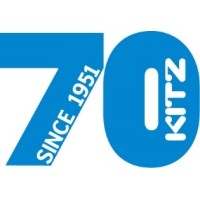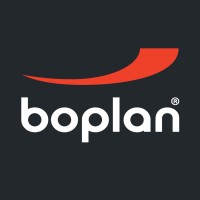
KITZ Corporation of America
Established in 1951, KITZ is one of the world's leading manufacturers of valves, and Japan's largest. Major products include carbon steel valves, stainless steel valves, gray iron and ductile iron valves, bronze and brass valves, and valve actuators. The Company aims to lead the general flow control industry by becoming the most versatile valve manufacturer. To fulfill this goal, KITZ has widened its product range and offered more convenient product sourcing to its customers. It has also employed the just-in-time production system to dramatically improve its production efficiency, particularly for smaller and more varied customer needs. To maintain product quality and delivery, the Company continues to upgrade its production system, which includes in-house material foundries. And KITZ's quality assurance system ensures that, at all operating stages, the Company's materials, products, and services meet customer requirements.






